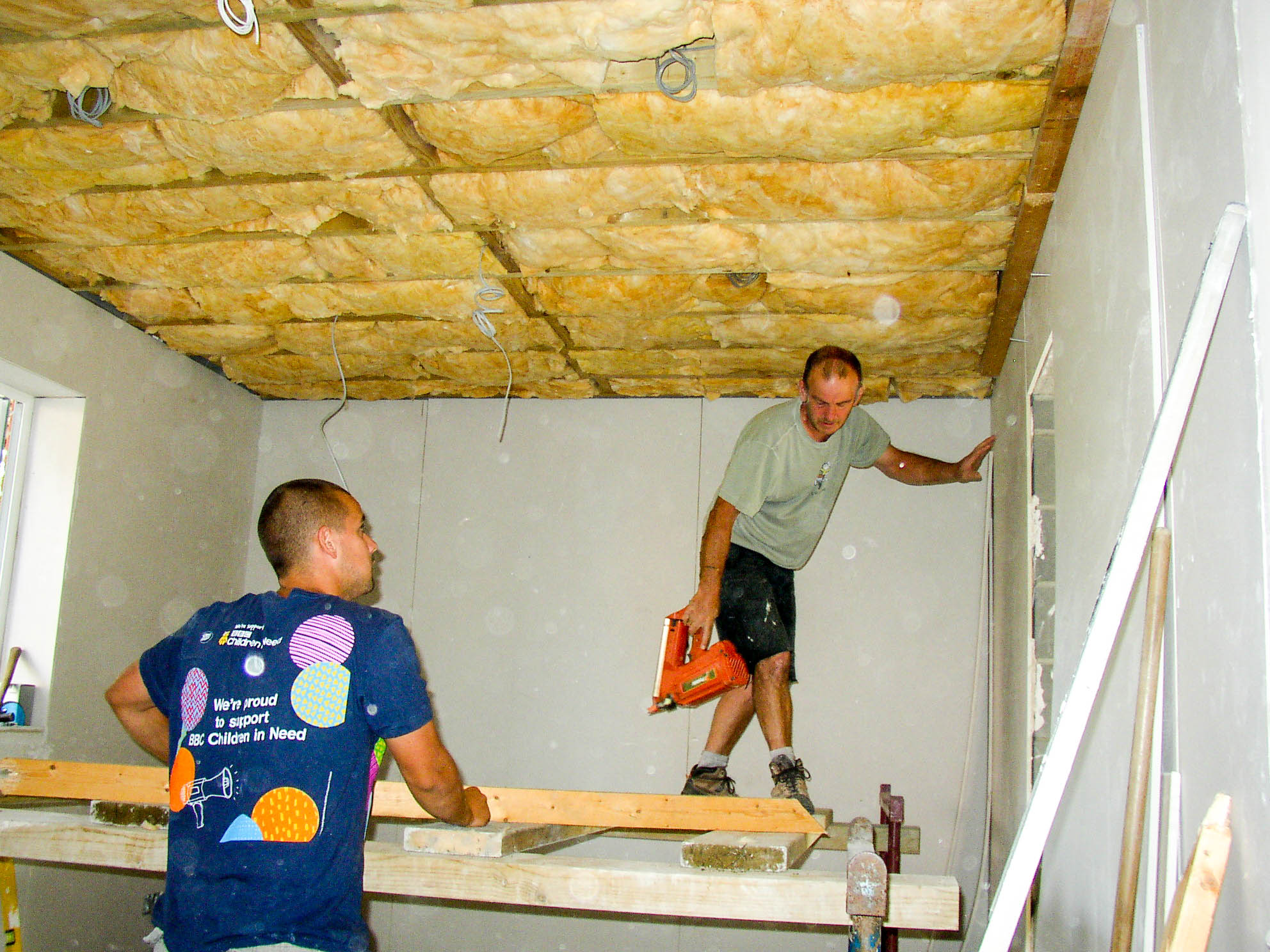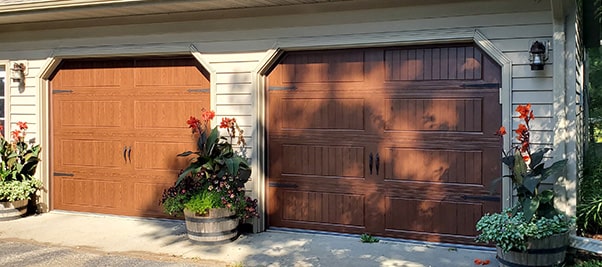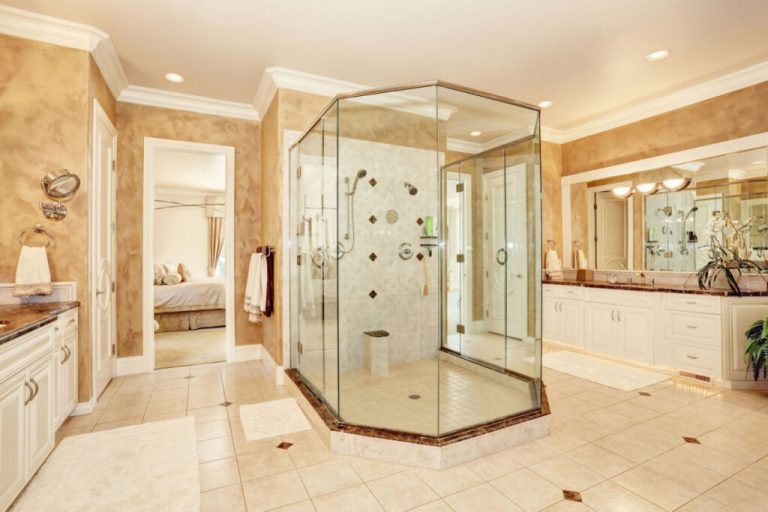
Insulation contractors play a pivotal role in promoting energy conservation and sustainability within the construction industry. By employing advanced insulation materials and implementing energy-efficient solutions, these professionals contribute to reducing energy consumption, lowering environmental impact, and enhancing overall building performance. Let’s delve into the ways insulation contractors champion energy efficiency and sustainability:
- Thermal Performance Optimization:
Proper Insulation Installation: Insulation contractors ensure precise and effective installation of insulation materials to maximize thermal performance.
Minimizing Heat Transfer: By minimizing heat transfer through walls, roofs, and floors, contractors contribute to a more energy-efficient building envelope.
- Use of High-Performance Insulation Materials:
Innovative Materials: Insulation contractors stay abreast of advancements in insulation materials, incorporating high-performance options like aerogels, vacuum insulation panels, and phase change materials.
R-Value Considerations: Selecting materials with optimal R-values enhances insulation effectiveness, reducing the need for excessive heating or cooling.

- Air Sealing Techniques:
Preventing Air Infiltration: Contractors implement air sealing techniques to prevent unwanted air infiltration and exfiltration, ensuring that conditioned air stays inside the building.
Enhanced Comfort: Air sealing contributes to improved indoor comfort and more stable temperatures.
- Energy-Efficient Building Envelope Design:
Comprehensive Approach: Insulation Company collaborates with architects and builders to design an energy-efficient building envelope.
Continuous Insulation: Implementing continuous insulation practices reduces thermal bridging, enhancing the overall efficiency of the structure.
- Sustainable Insulation Choices:
Eco-Friendly Materials: Contractors prioritize the use of sustainable and eco-friendly insulation materials, such as recycled denim, sheep wool, and bio-based foams.
Reducing Environmental Impact: Choosing materials with lower environmental footprints aligns with sustainability goals.
- Moisture Management:
Preventing Moisture Infiltration: Proper insulation installation includes strategies to prevent moisture infiltration, reducing the risk of mold growth and maintaining indoor air quality.
Durable Building Components: By managing moisture effectively, contractors contribute to the longevity and durability of building components.
- Retrofitting Existing Structures:
Improving Older Buildings: Insulation contractors specialize in retrofitting existing structures with energy-efficient insulation solutions.
Enhancing Energy Performance: Upgrading insulation in older buildings improves energy performance, making them more sustainable over time.
Conclusion:
Insulation Company is a key contributor to energy conservation and sustainability in the construction industry. Through the use of advanced materials, precise installation techniques, and a commitment to eco-friendly practices, these professionals help create energy-efficient buildings that align with modern sustainability standards. Their role extends beyond installation, encompassing education, retrofitting, and collaboration with other stakeholders to create a more sustainable and energy-conscious built environment.
Note: The specific practices and approaches of insulation contractors may vary based on regional regulations, project specifications, and industry trends.




